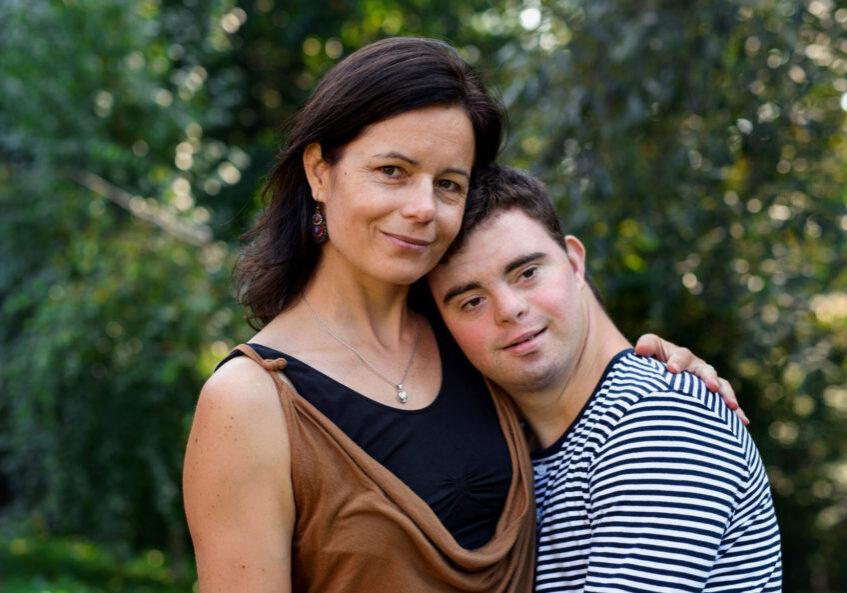Roughly 7.7 million children in the United States live with at least one mental health disorder. Attention Deficit Hyperactivity Disorder (ADHD), Anxiety, Depression, and behavioral disorders such as Oppositional Defiant Disorder (ODD) are among the most commonly diagnosed issues in kids ages 6 to 17.
All children experience worry and fear and display disruptive behaviors at some point. Still, when those emotions, fears, and behaviors are severe enough to disrupt functioning at home, school, and out in the community, a mental health assessment may be warranted.
Early intervention is vital
The exact cause of mental health disorders remains unknown, but research suggests that a combination of genetics, environmental stress and trauma may be involved. What is known is that early intervention is vital in getting kids the mental health treatment they need.
There are many signals that a child may be experiencing depression, anxiety, or another severe mental health disorder. Behavioral changes are often the best indicators, especially if they last more than a couple of months. It’s also normal for kids to misbehave and experience emotional ups and downs. However, these red flags still shouldn’t be ignored.
Signs of anxiety and depression
Anxiety and depression have a lot of overlapping symptoms. Sleep issues such as insomnia and nightmares are common in both conditions, but kids who suffer from anxiety may also experience bedwetting. Both anxiety and depression can manifest in physical symptoms such as severe headaches or stomach issues.
Signs of depression include losing interest in favorite activities, lots of negative thoughts, feelings of worthlessness, and suicidal ideation. Self-harm is another classic sign of mental illness. Skin picking and hair pulling are often involuntary reactions to stress and anxiety, but many kids are intentional in their self-harm, usually hitting, cutting, or biting themselves.
Signs of ADHD and ODD
The symptoms of ADHD are almost always apparent by the age of seven. They include the inability to sit still or concentrate on tasks, excessive talking and interrupting conversations, difficulty waiting their turn, and impulsivity.
Children with ODD are often uncooperative, defiant and hostile toward their peers, parents, teachers and other authority figures. Other symptoms include frequent temper tantrums, being deliberately disruptive and blaming others for their own misbehavior.
Where to go for help
If you suspect that your child may have a mental health disorder, it can be difficult to know what to do next or where to go for help. Your pediatrician’s office is an excellent place to start. Pediatricians are trained to understand what is considered typical behavior for children at different ages and stages. They can also run tests to rule out any physical causes of behaviors.
If your pediatrician finds that the issue appears to be emotional rather than physical, they should refer your child to a mental health professional for an assessment. There are many types of mental health providers, including therapists, psychologists, social workers and psychiatrists. Where you are referred will depend on your child’s needs.
Mental health services in your county and school
If your child does not have a pediatrician, you can contact your local Community Mental Health department. Each county has its own health and human service department, including mental health services. School districts are legally obligated to evaluate children for possible disabilities as long as the child resides in the district, so if your child is enrolled in school, you can request an assessment by either calling the school or putting your request in writing.
Find a provider who’s a good fit
If your child qualifies for mental health treatment, finding a provider who is a good fit is essential to a good outcome. If your child doesn’t click with a particular provider, it doesn’t necessarily mean that they’re inexperienced or incompetent — sometimes it’s just not a good fit.
It’s ok to ask to switch providers if your child doesn’t feel comfortable because if they don’t trust the person treating them, it will be impossible to make any progress. As a parent, you know your child best, and you’re their best advocate.
Posted in: Special Needs
Comment Policy: All viewpoints are welcome, but comments should remain relevant. Personal attacks, profanity, and aggressive behavior are not allowed. No spam, advertising, or promoting of products/services. Please, only use your real name and limit the amount of links submitted in your comment.
You Might Also Like...

Creating a Sensory Space at Home
Our brains are designed to produce and regulate responses to our body’s sensory experiences (sight, smell, touch, hear, and taste). For individuals with developmental disorders such as autism, the way […]

How to Talk to Young Kids About Disabilities and Differences
For many parents, the first time their child asks about or points out a person with a disability in public is an awkward experience. Even if the child already has […]

Shriners Children’s Northern California Offers Personalized Care for Complex Medical Conditions
For many children facing challenging and complicated medical conditions, hope exists in the form of Shriners Children’s Hospitals. This world-renowned health care system, with a rich history of philanthropy, has […]

Halloween Tips for Families of Children with Diverse Abilities
Although Halloween can be a fun time for kids of all abilities, it often can be overwhelming for children with special needs. They may have trouble with the loud noises, […]

COMPASS Offers Innovative Services for Adults with Disabilities
Living independently presents numerous challenges for adults with disabilities, including the management of medications, therapies and medical equipment, as well as navigating limited mobility, transportation barriers and safety concerns. The […]




